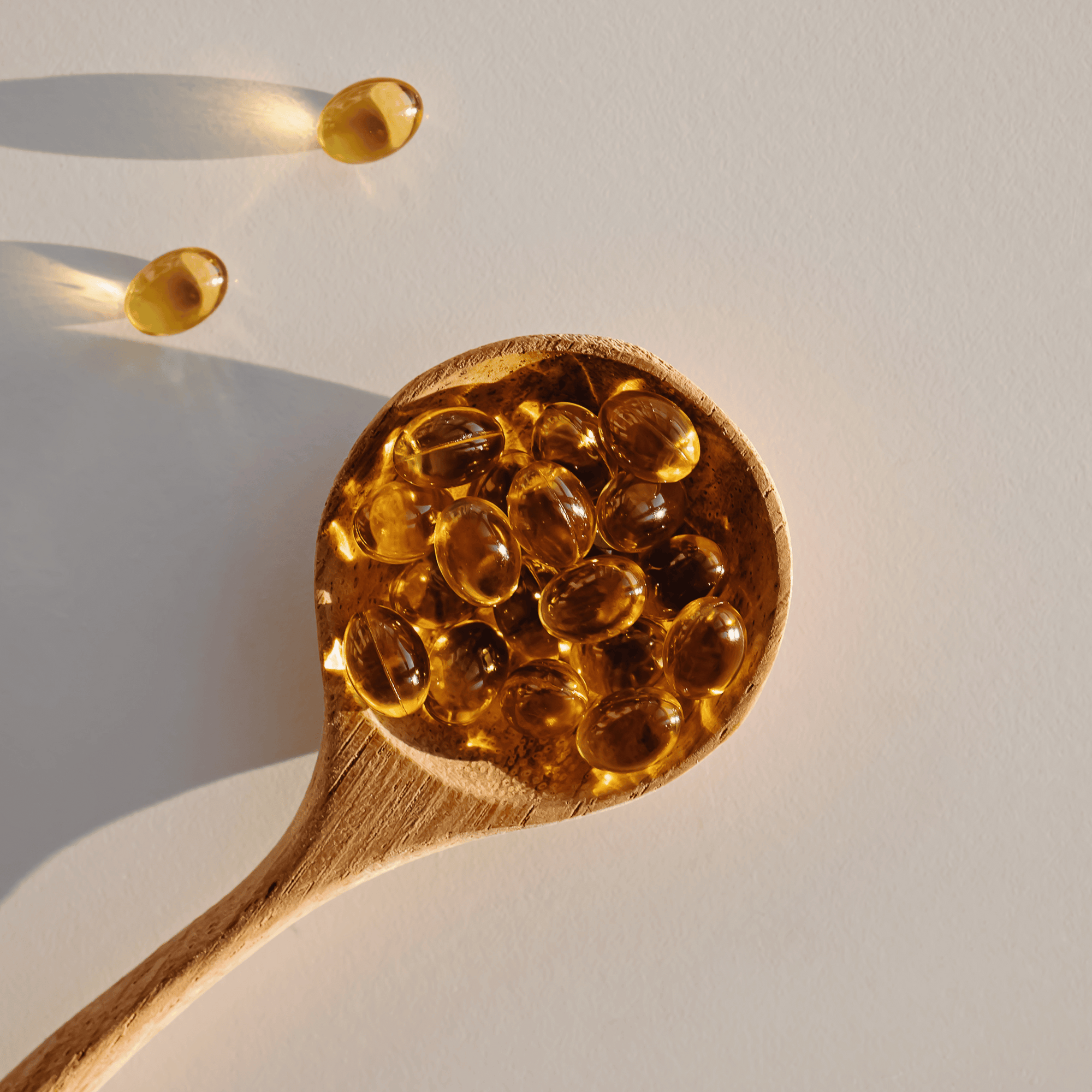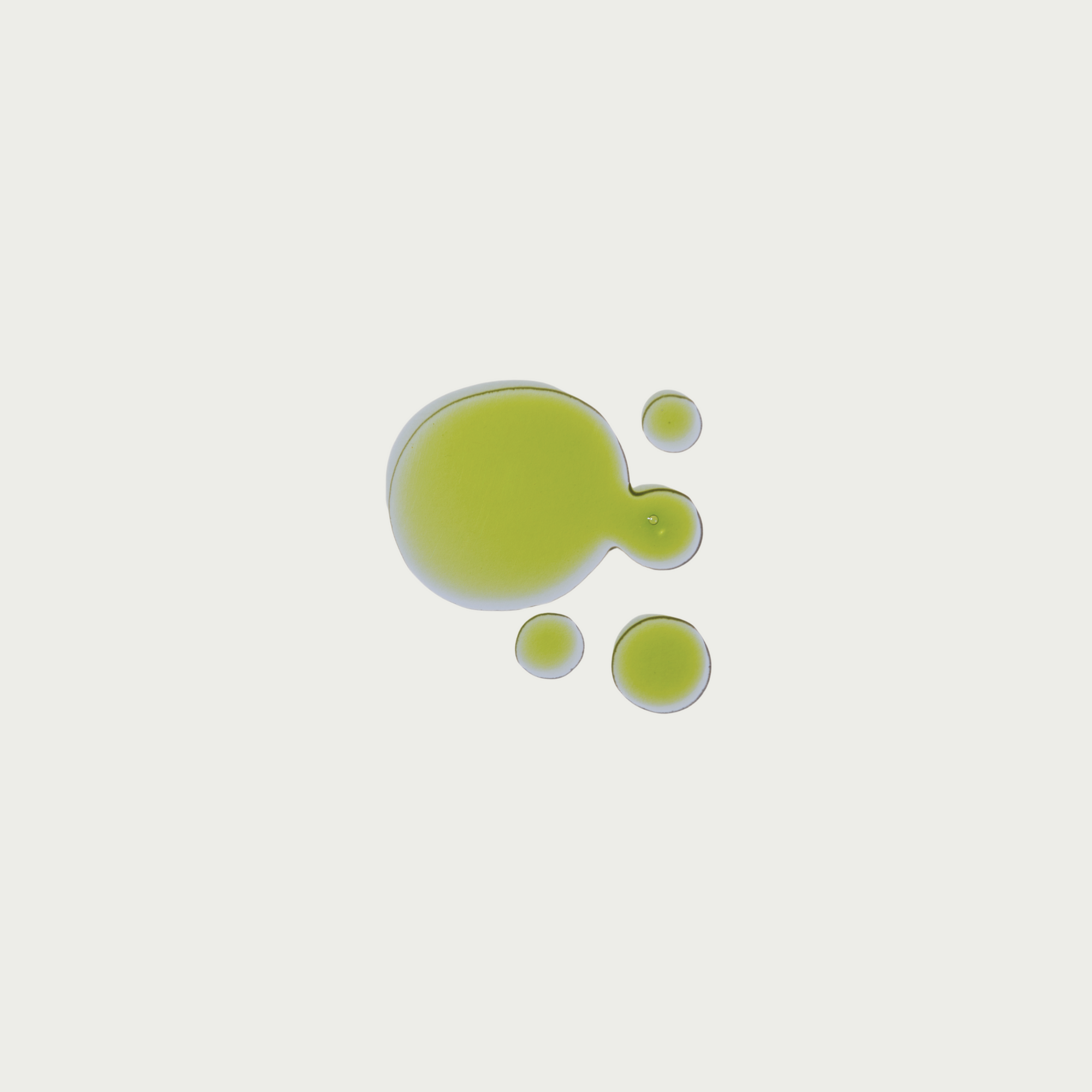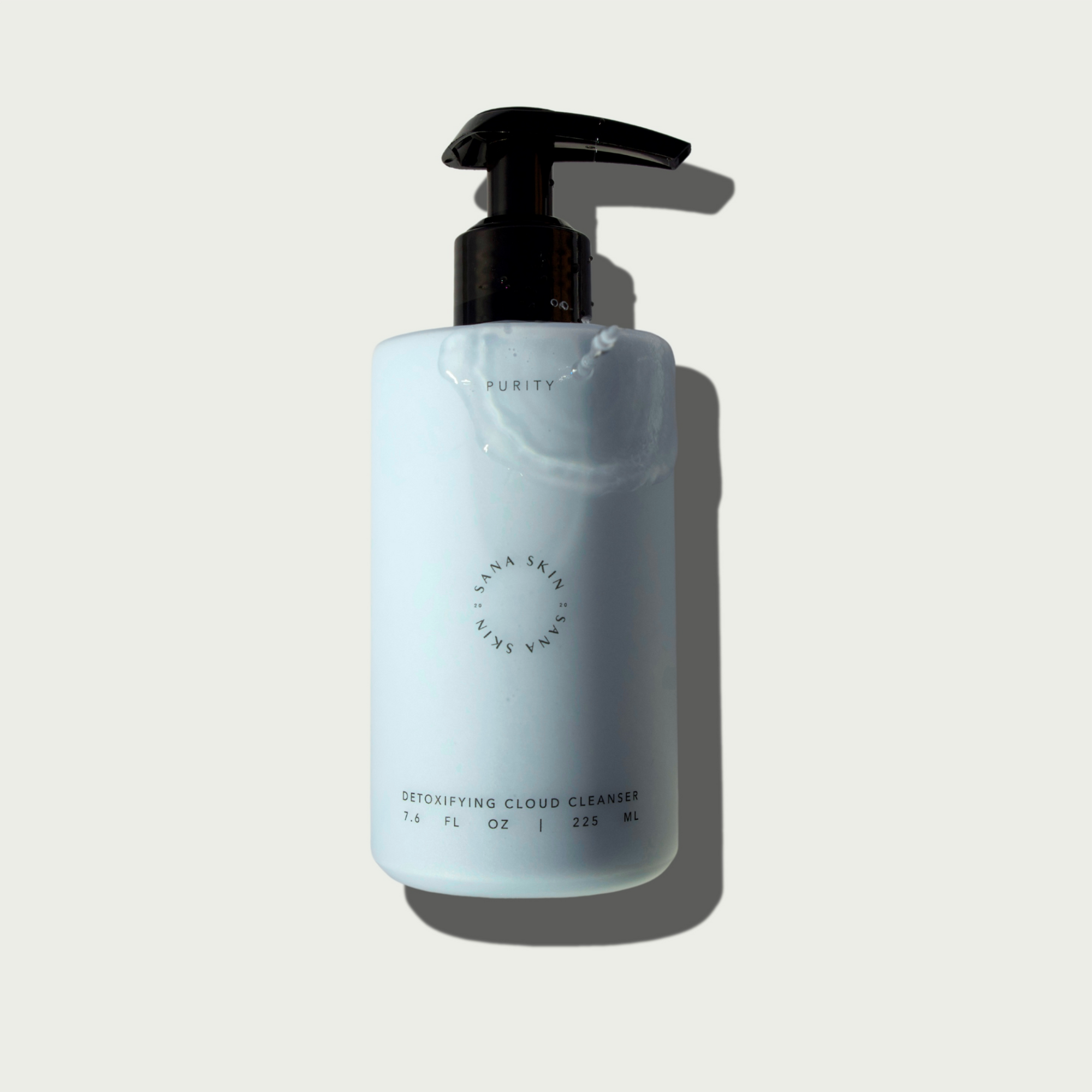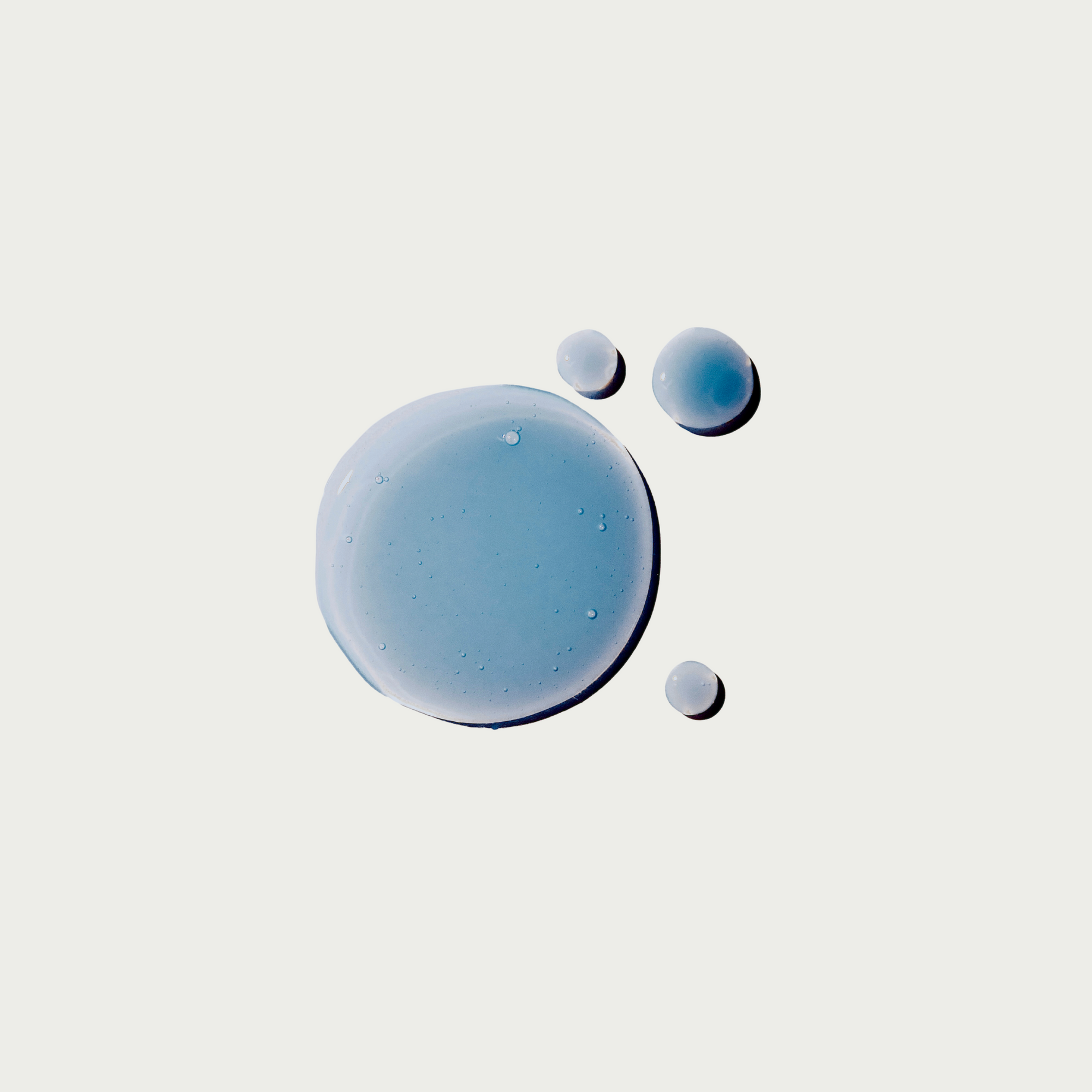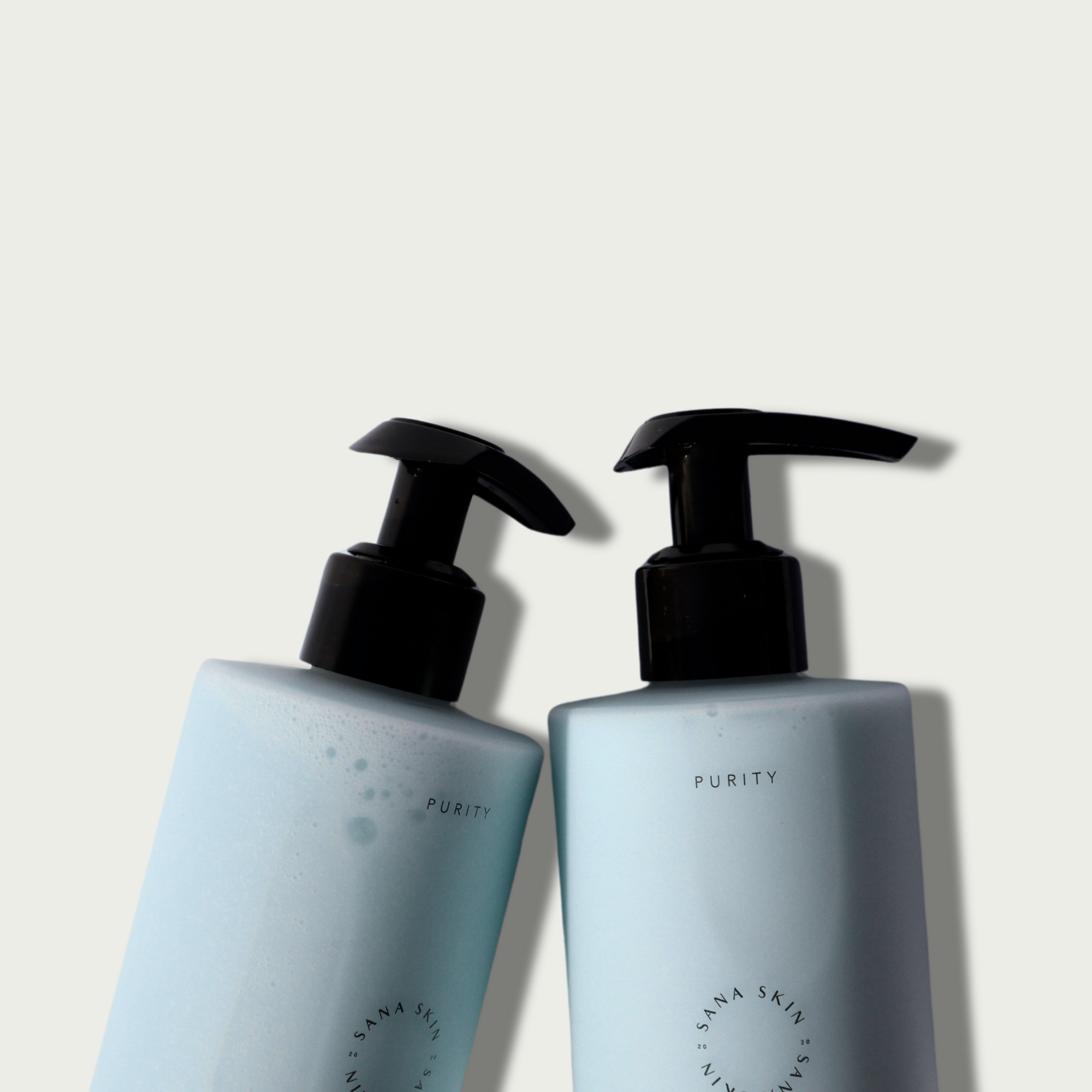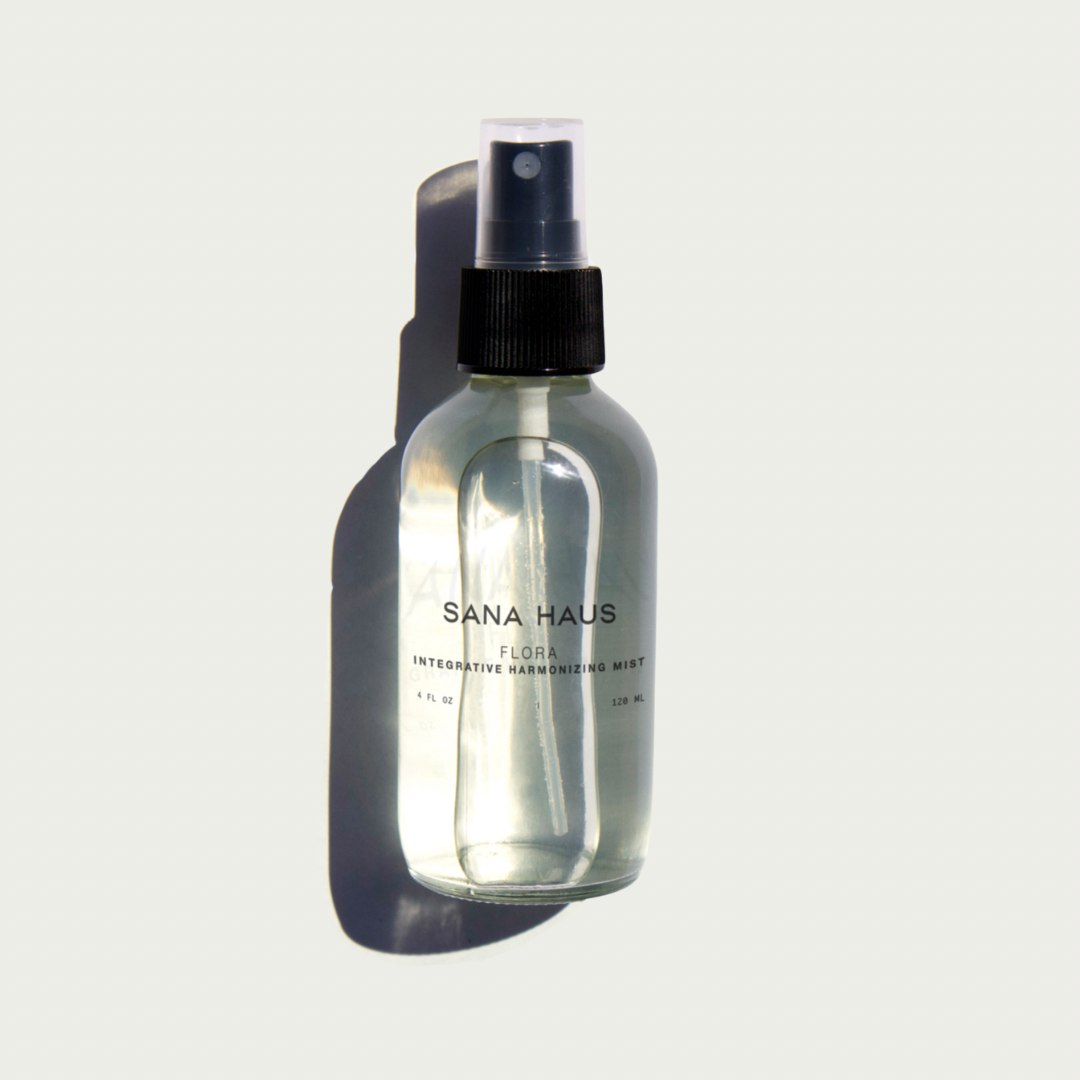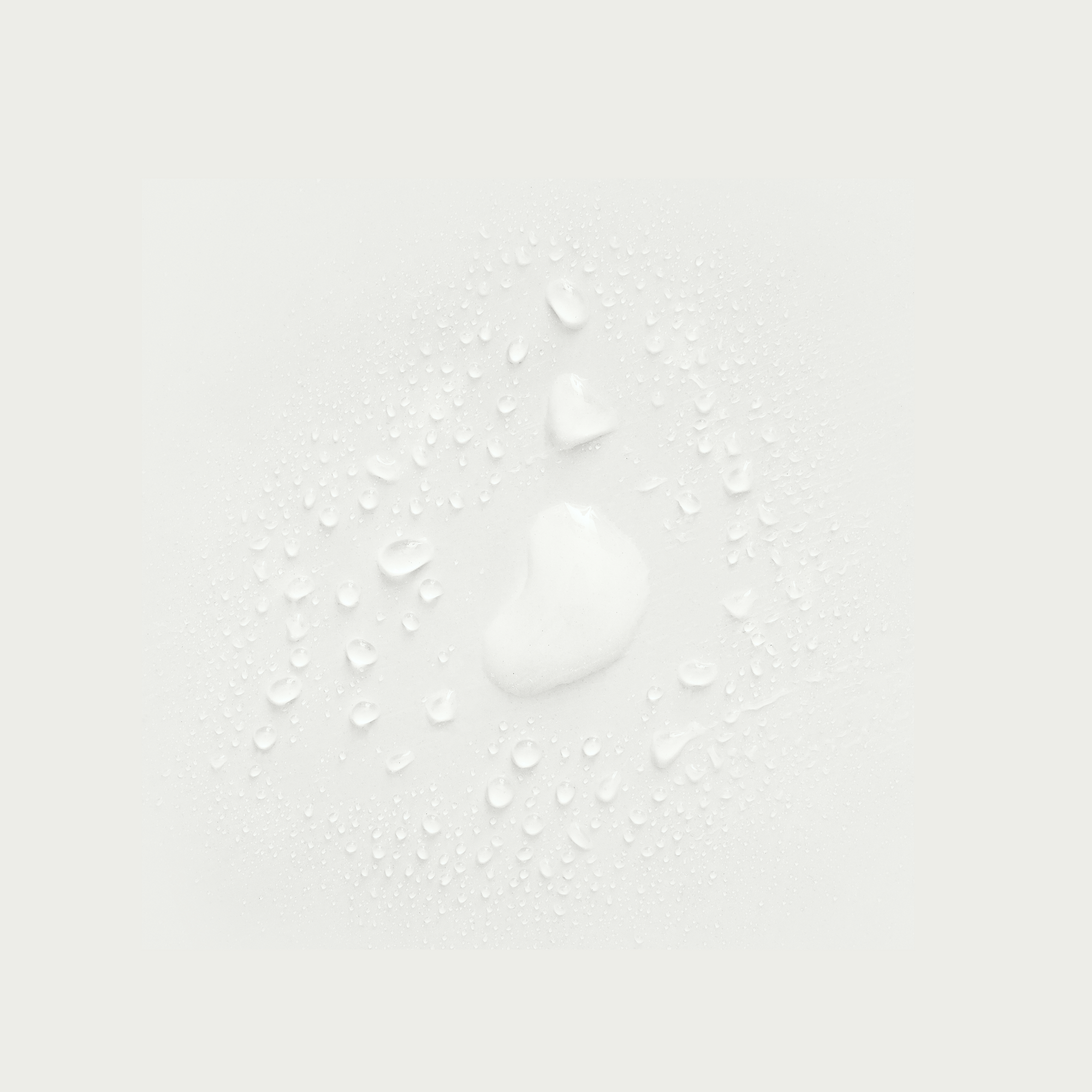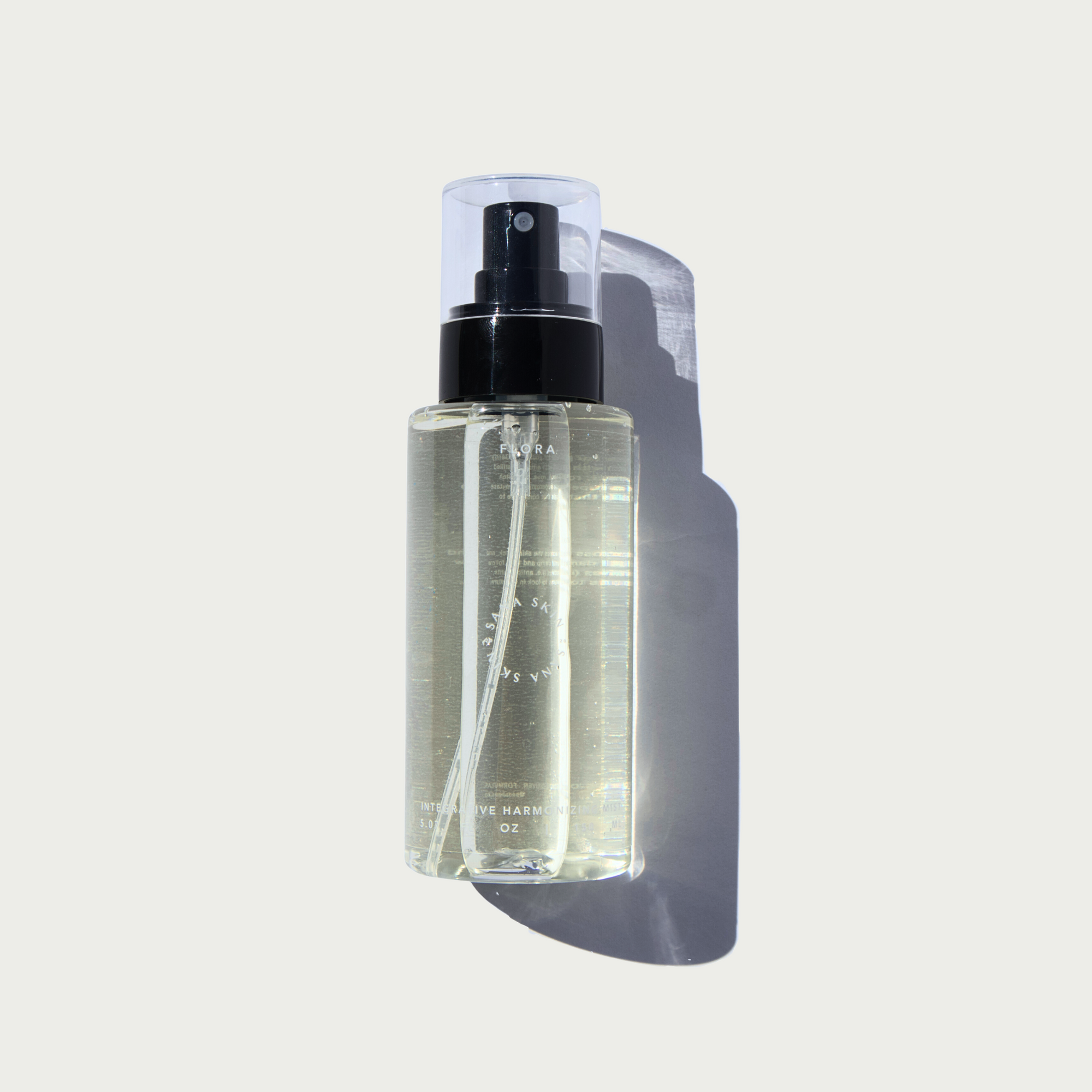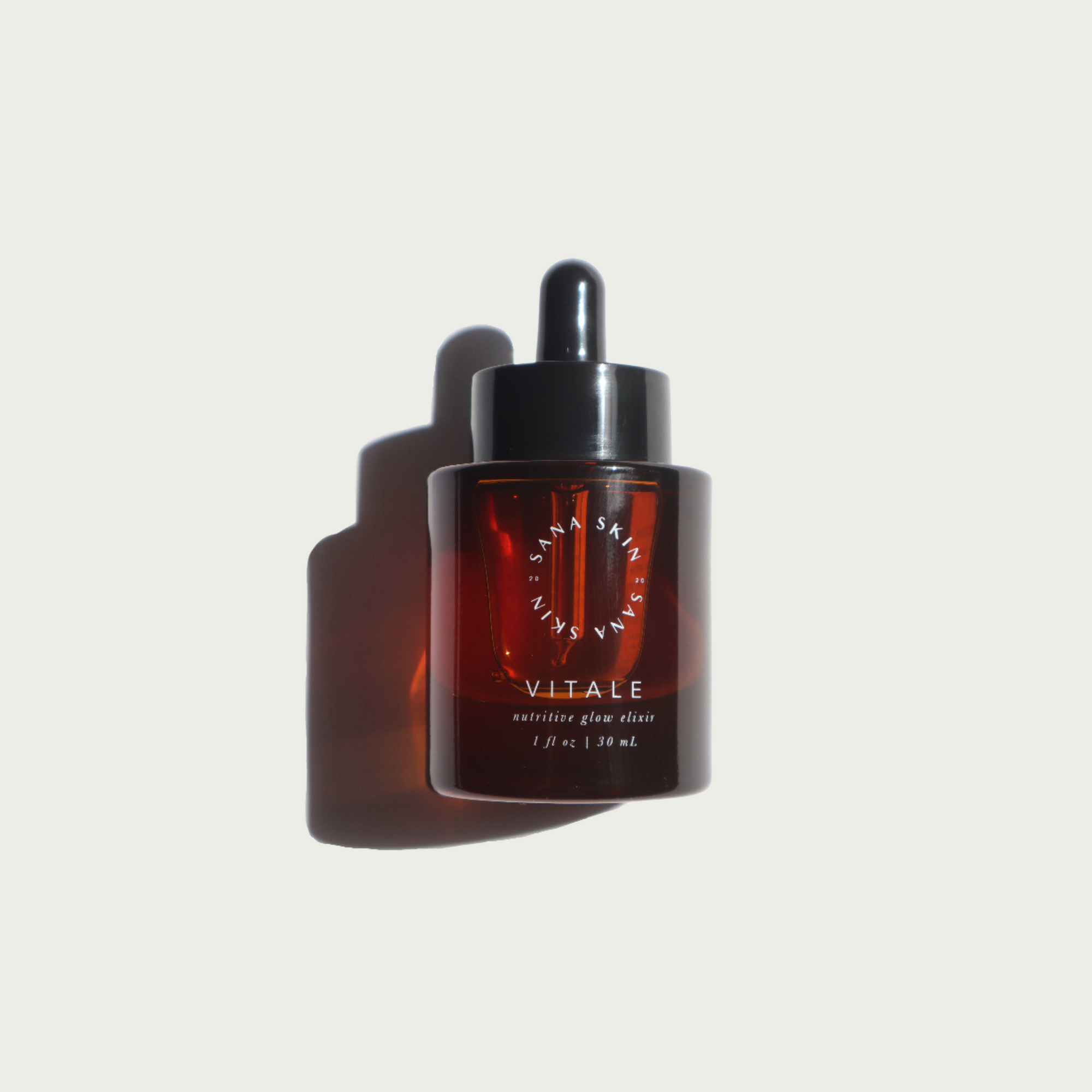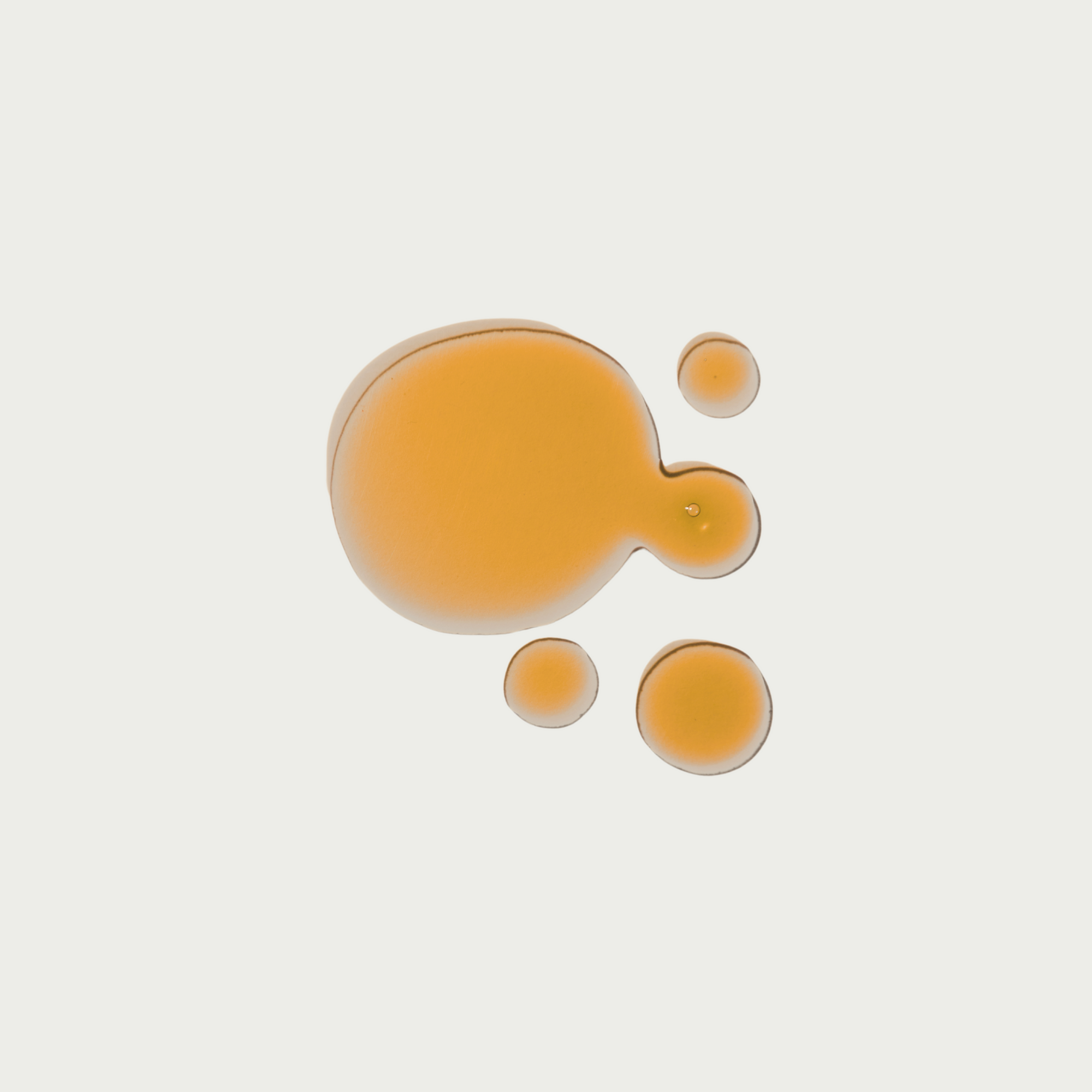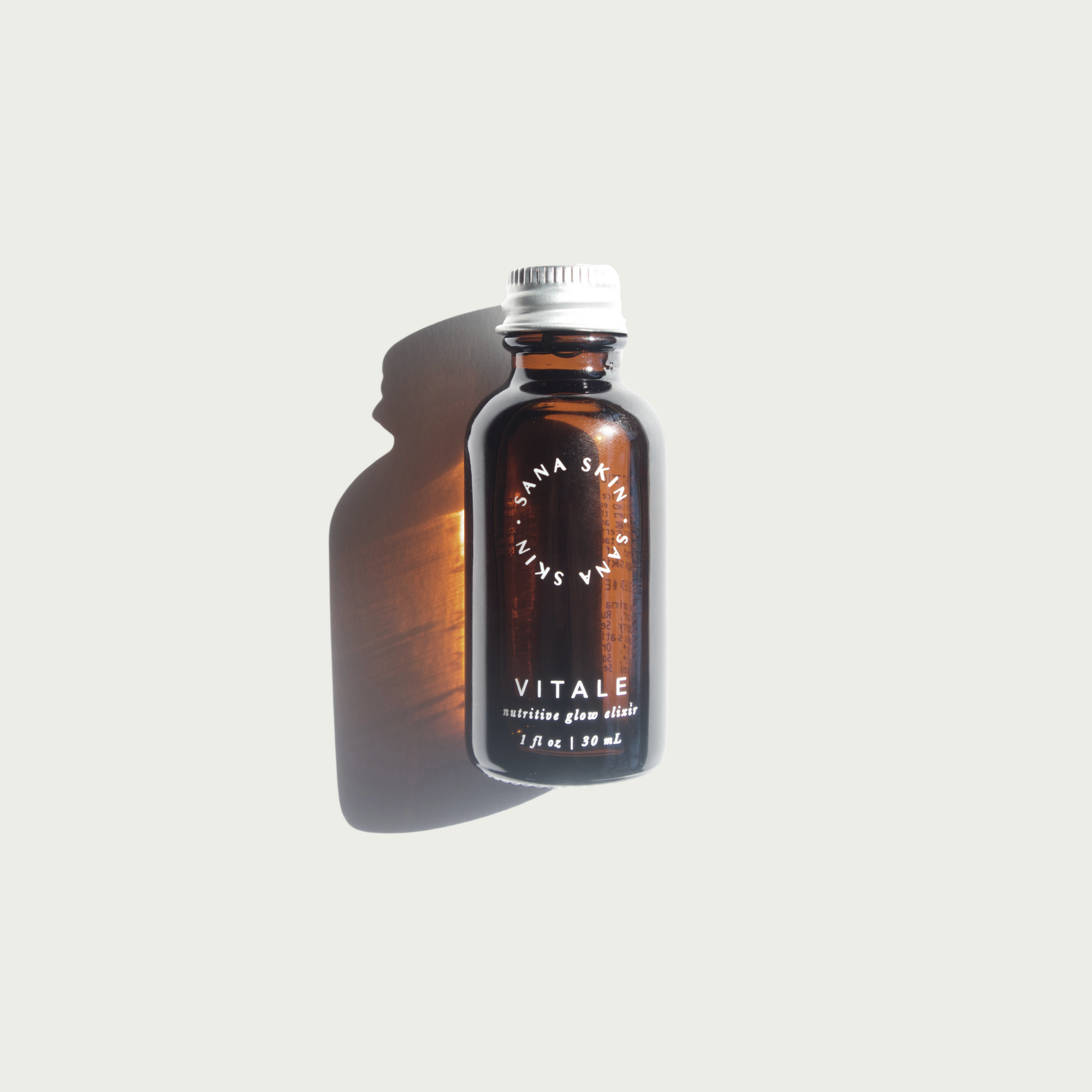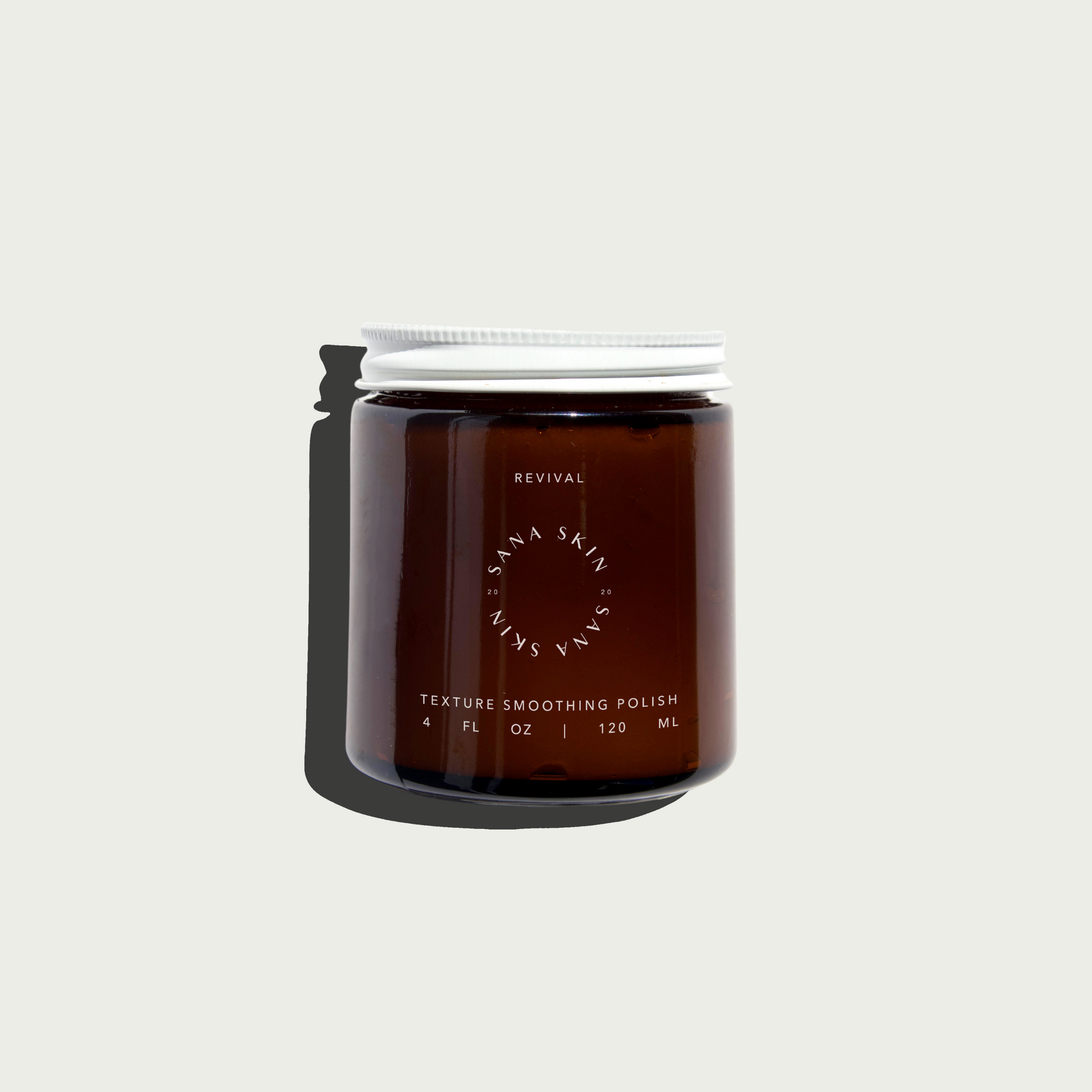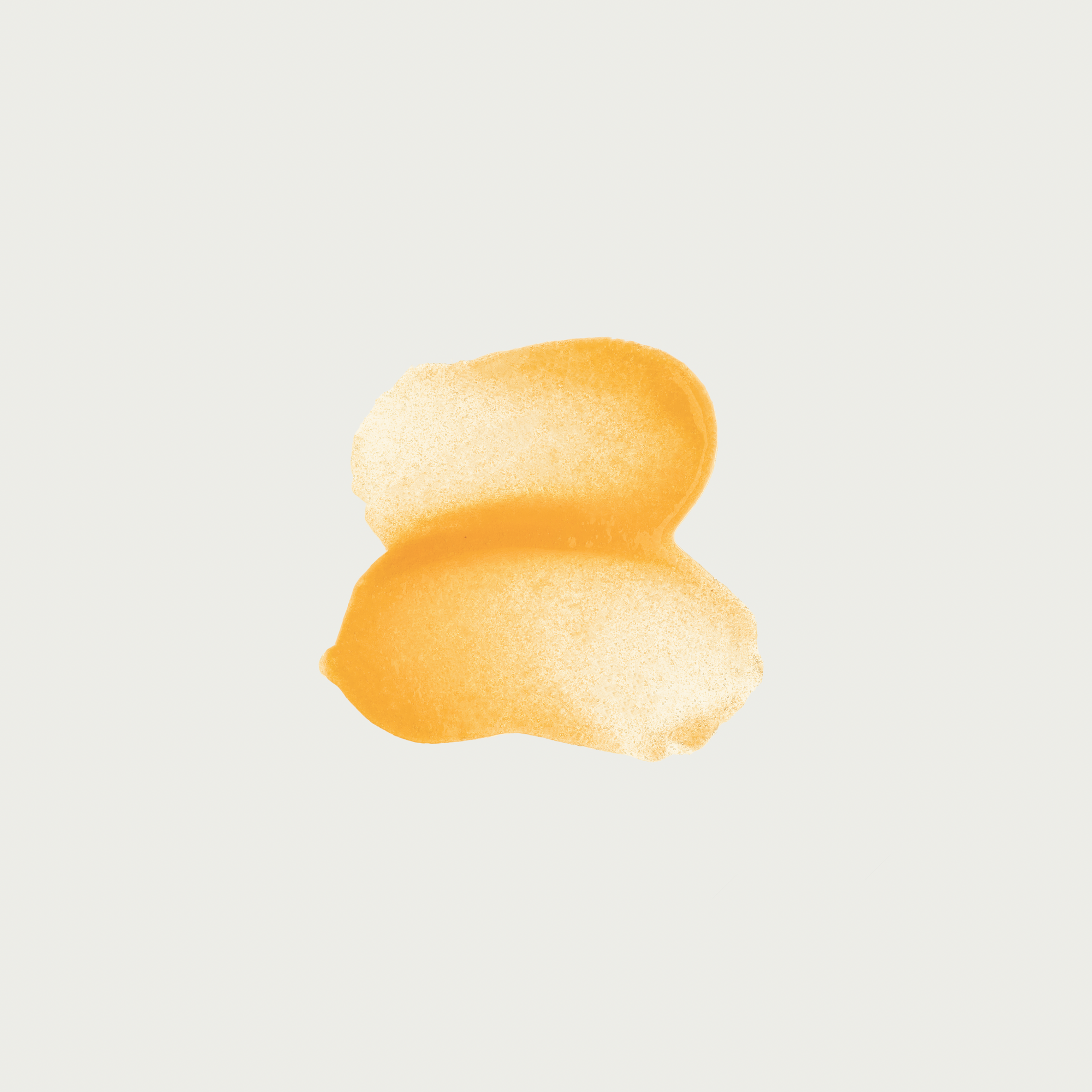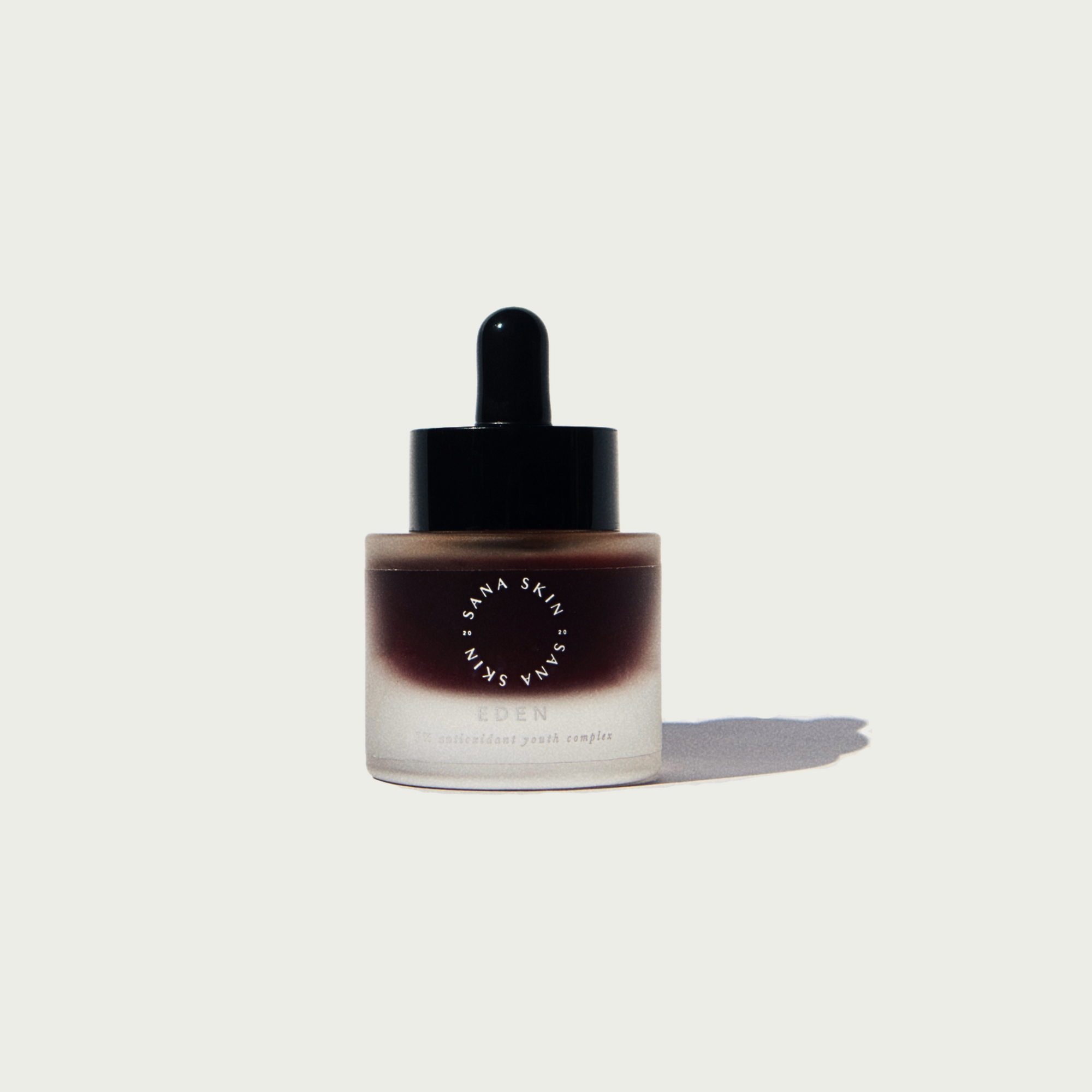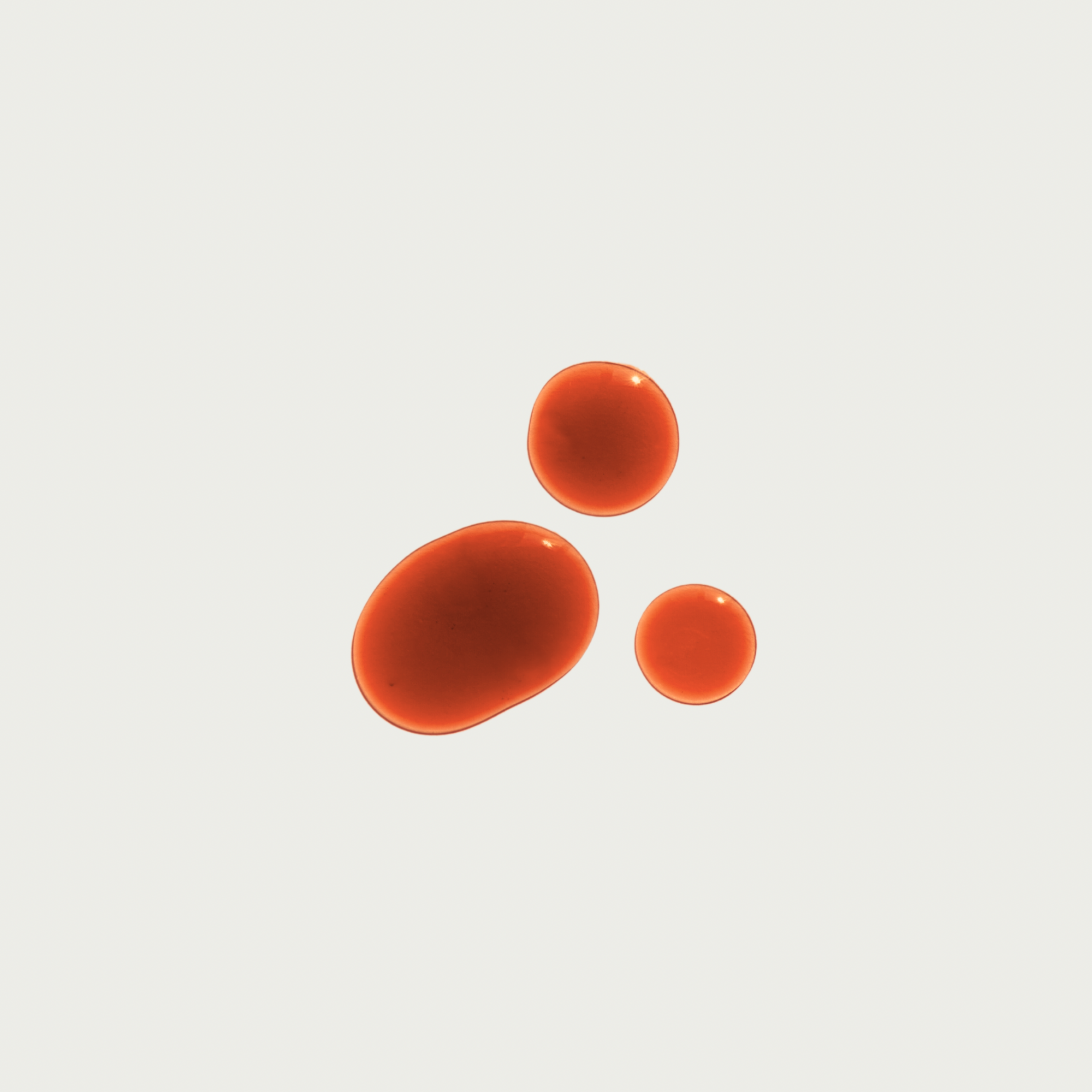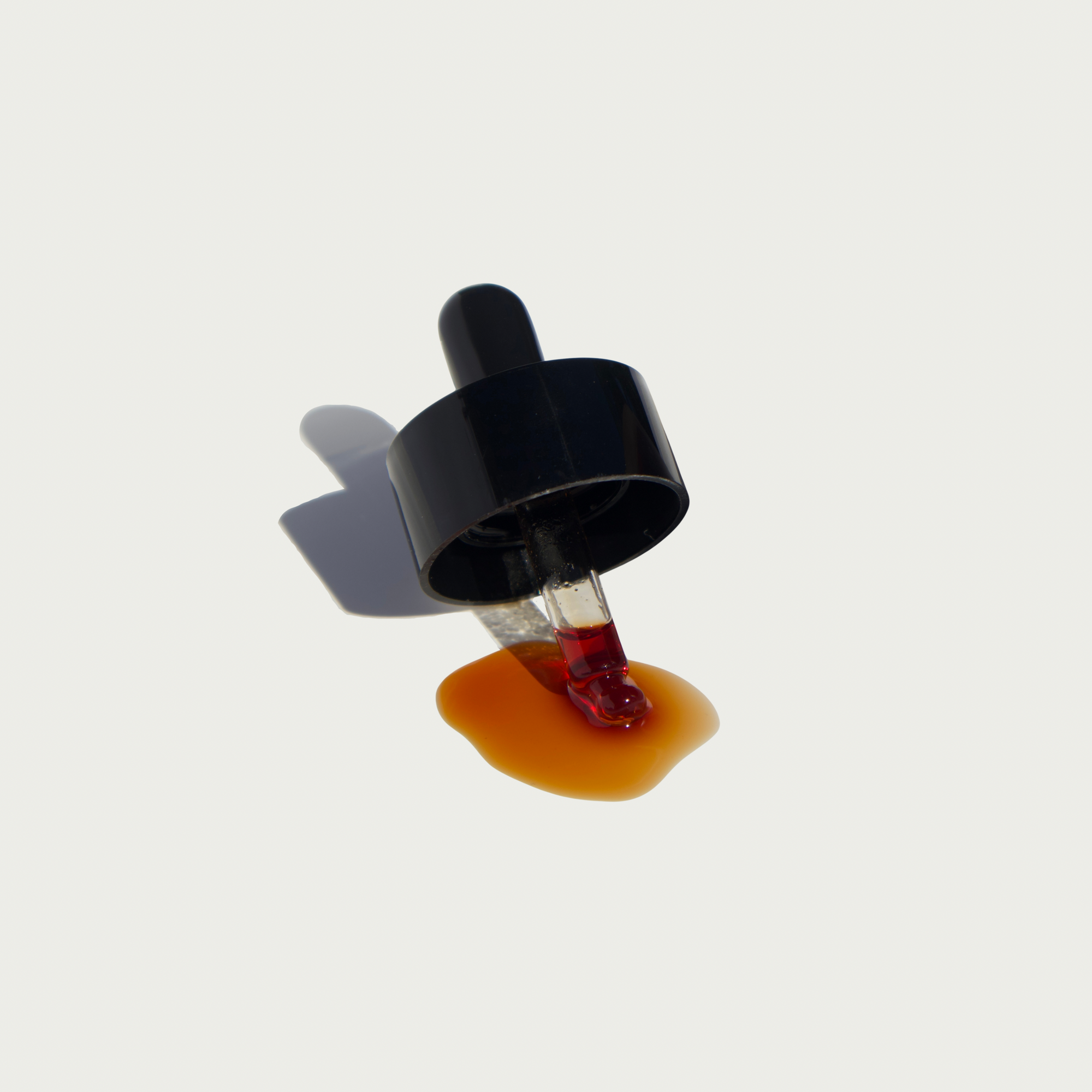In my search for an acne cure almost 10 years ago now, I dove into the world of holistic healing.
I am so incredibly thankful for my journey in the health and wellness world. It taught me so much about my body, about mental health, and ultimately has shaped my understanding of the skin and skin philosophy.
Like many of you who find yourself in a similar position, I have spent thousands of dollars on supplements in the last few years. Some have worked great for me (zinc, folate, vitamin K, glutathione, to name a few), but others have not worked for my body or my skin.
While I am so thankful I don’t get cystic acne anymore (thanks to my Sana regimen), I will get some characteristic comedones around my mouth if I’ve started a new supplement that isn’t working for my skin. And as I’ve really stripped back my supplement regimen in the last two years, I’ve been able to test different supplements one at a time and really dive deep into the research.
The experience has been truly enlightening — there are so many supplements that I’ve realized can be significant acne triggers!
I’ve shared a lot of the supplements and acne research on social media, but I wanted to write out a blog post for you that you can easily reference back to. So, I’ve compiled a handy list of supplements to avoid for acne here, as well as some explanations into the context and nuance around each supplement. I hope you find it helpful in your journey!
First things first, why do supplements cause acne?
There are plenty of supplements that help support clearer skin, but there are also plenty of supplements that can cause acne. But, how does this actually happen? I feel like the how and why is important to lay out before we unpack exactly which supplements can interfere with our progress.
Supplements impact the skin, positively or negatively, in one of two ways: altering the chemistry in one of our skin-organ axes (like the gut-skin axis, liver-skin axis, nervous system-skin axis, etc.) or traveling from our gut, into our blood, then to our skin where they directly impact the skin tissue itself or the skin microbiome.
Whether a given supplement affects something like the gut or our hormones, our skin directly, or both — it can all influence breakouts! In other words, something doesn’t necessarily have to cause a problem in your gut or alter your hormones to break you out — sometimes it’s actually about what it does to the skin directly. In fact, to make matters more complicated, you might actually see benefits in one part of your body (i.e. brain, energy, gut, etc.) from a supplement, while that same supplement may wreak havoc in the skin directly.
One great example of this is B12. Great for energy, for the liver, and for the brain and may even support healthier hormones. But, in spite of those benefits (even for hormones), high levels of B12 are not good for your skin microbiome if you’re acne-prone.
I find this is helpful when trying to understand why we need to avoid some supplements for acne and make an accurate benefit-risk analysis on whether a supplement is right for us!
An important note on supplements and acne: context and bioindividuality matter
I feel it’s important to preface this list with a disclaimer. Of course, not everyone who takes a supplement on this list will experience breakouts. We all have different baseline and background biochemistry going on which means we’ll have different responses to different supplements.
So, don’t feel like you need to overhaul your whole supplement routine or avoid every single one of these supplements. Think of this list more as a resource to have in your back pocket when you’re dealing with stubborn breakouts that you can’t figure out.
At the same time, it is a good idea to scale things back and slowly reintroduce products to really take stock of how your skin is responding to your supplement regimen, especially if you’re dealing with stubborn breakouts. When you’re taking a handful of supplements at one time, it can be hard to determine what or if supplements are contributing to stubborn breakouts.
I also recommend auditing your supplements every 3-6 months, if possible! You don’t always need to every supplement every single day, especially if you’ve been taking them for a while and have replenished your nutrient levels. In fact, a supplement that once helped clear your skin may actually have the reverse effect over time as your levels balance out. So, over time, you might opt to pulse your supplements and take them every other day to once per week to better suit your biochemistry.
I also want to emphasize that if your doctor has prescribed you a supplement, please don’t stop taking it without talking to your doctor first! Addressing a serious deficiency or imbalance is far more important than your journey towards clearer, healthier skin.
So, with all of that noted, let’s get to the list! :)
List of supplements that can contribute to breakouts
I’m going to list out all of the supplements I recommend avoiding if you have acne-prone skin, as well as a short explanation as to why. For supplements that need a further in-depth explanation, I’ve linked to articles where I expand on the topics!
Please note that some of these are high dose only. In these cases, normal, non-mega-doses of these supplements are completely fine, healing for the body, and beneficial for the skin (B vitamins included).
- Vitamin B2: Linked to exacerbated breakouts; high dose only, normal doses are fine!
- Vitamin B12: Increases inflammatory porphyrin production by acne bacteria; high dose only, normal doses are fine! Excess B vitamins are excreted in part through the skin and can feed acne bacteria. If you are vegan, you should always continue supplementing with B12.
- Vitamin B6: Linked to breakouts in published case studies; high dose only, normal doses are fine!
- Vitamin B5: Depletes biotin, hair loss is a side effect at high doses; high dose only, normal doses are fine!
- Biotin: Depletes vitamin B5 which may cause breakouts; high dose only, normal doses are fine!
- Collagen powder / beef protein isolate / bone broth protein powder: High in glutamate and other amino acids that can contribute to excitotoxicity (more on excitotoxicity and how it causes acne / dryness here!); marine collagen is better, but I would limit it to once per week max, especially if you have PCOS or chronic stress.
- Creatine: May increase the production of dihydrotestosterone (DHT), a powerful male hormone linked to breakouts in both women and men.
- L-glutamine: May convert to glutamate.
- L-Lysine: Antagonizes L-arginine, which can lead to high ammonia production. Ammonia increases NMDA activation acutely, which may contribute to breakouts. Short term use for virus support is totally fine (and supporting your body during a virus is so important!).
- Niacinamide: Interferes with methylation; high doses only. You might be more sensitive if you have MTHFR mutations.
- Magnesium glycinate and bisglycinate: Contains a highly bioavailable form of glycine that may instead bind with NMDA receptors, causing an excitotoxic reaction (more on excitotoxicity and how it causes acne / dryness here!).
- Magnesium aspartate: May activate NMDA receptors, causing an excitotoxic reaction (more on excitotoxicity and how it causes acne / dryness here!).
- Beta-alanine: Decreases taurine absorption which may cause an excitatory/inhibitory imbalance, leading to excitotoxicity. Popular in pre-workout formulas!
- CBD / THC: While CBD is largely safe for acne-prone skin and possibly even beneficial, CBD may contribute to mitochondrial dysfunction in rare cases. Mitochondrial dysfunction can contribute to skin inflammation, hastened aging, and more. THC may also contribute to low stomach acid, leading to poor nutrient absorption and bacterial overgrowth.
- L-tyrosine: May deplete serotonin levels, which can interfere with skin health / stress.
- L-tryptophan: May deplete dopamine levels, which can interfere with barrier recovery and mental health.
- 5-HTP: May deplete dopamine levels, which can interfere with barrier recovery and mental health.
- Vitamin A (retinyl palmitate): Toxic to the liver in high doses. If your blood sugar isn’t balanced, you have Candida overgrowth, or you consume a moderate/high level of alcohol, you won’t convert this supplement into its active form (retinoic acid) and it will be ineffective. High dose vitamin A is often considered a “natural” alternative to Accutane, but can have very similar side effects! Taking high doses of vitamin A over long periods of time may also raise blood calcium levels, possibly exacerbating male hormone imbalances and, as a result, potentially triggering breakouts.
- Beta-carotene: High doses can interfere with active vitamin A signaling; high doses from food (i.e. carrot juice, sweet potatoes, etc.) is okay and even beneficial for acne!
- Methylsulfonylmethane (MSM): Can convert into hydrogen sulfide (H2S) with certain bacterial overgrowths in the gut. The H2S can then travel to the skin where it may make S. aureus (an acne-causing bacteria) more virulent, causing pustular acne. This may especially be the case if you have rosacea or eczema.
- Inositol: Can help hormonal acne, but not suitable if you have Candida overgrowth. If you have Candida overgrowth, inositol can make things a lot worse — breakouts, anxiety, and intense sugar cravings!
- Vitex: Can increase progesterone levels which may trigger breakouts if your progesterone isn’t truly low (i.e. if your progesterone levels are only low because they’re over-converting into androgens or 17-hydroxyprogesterone, in these cases Vitex can make things a lot worse).
- White peony root: Like Vitex, can increase progesterone levels which may trigger breakouts if your progesterone isn’t truly low (i.e. if your progesterone levels are only low because they’re over-converting into androgens or 17-hydroxyprogesterone).
- Horsetail: Contains thiaminase which can deplete thiamin (B1) and possibly contribute to blood sugar dysregulation, mitochondrial dysfunction, and/or excitotoxicity. Thiaminase is destroyed by heat, so make sure to boil horsetail for at least 5 minutes if you do choose to take it.
- Licorice root: Can increase cortisol levels which can then trigger acne. Can also deplete potassium levels.
- Eleuthero root: May increase male hormones.
- St. John’s Wort: Can increase photosensitivity and make you more sensitive to UV damage / inflammation and potentially trigger breakouts; high doses only. If you do take it for something like mood support (which it can be SO helpful for), it’s best to take St. John’s Wort in a combination herbal formula so you can lower overall dose while still reaping the benefits of the herb!
- Spearmint: Spearmint tea can be helpful in a majority of hormonal acne cases, but only when there is a true elevation in male hormones. Since some male hormones are converted to estrogen through aromatase, if you have low estrogen and normal androgens (an imbalance that look like high male hormones, but actually isn’t), lowering your androgens will also lower your estrogen further. This can potentially cause breakouts and dryness but also hot flashes, headaches, night sweats, and anxiety, especially around the follicular phase of your menstrual cycle.
- Maca root: Can increase male hormone production.
- Whey protein: Increases IGF-1 significantly which can trigger hormonal breakouts.
- Fish oil: Rare, but can cause histamine reactions which may contribute to breakouts. Algae oil is an alternative if you’re sensitive!
- Desiccated liver: High in copper and B12 which may trigger breakouts, especially in the lymphatic region (sides of neck, in front of the ear, under jaw).
- Manuka honey: Contains methylglyoxal which is an advanced glycation end product (AGE) precursor and has been shown to contribute to aging and acne. Topical use is the most problematic for breakouts, but taken as a supplement it might cause issues, too (we don’t know for sure yet). The high fructose levels in both manuka and regular honey might also contribute to breakouts.
- Vitamin D3: Contrary to popular belief, vitamin D doesn’t increase testosterone! In fact, many studies show it can decrease testosterone in women when it’s too high. At the same time, taking mega doses of vitamin D might interfere with sulfotransferase reactions that are needed to detoxify male hormones like DHEA, which may lead to hormonal breakouts. This is probably rare, but it can be a reason for breakouts that start after taking high dose D3. But, if you’re truly deficient, it’s *extremely* important that you replenish your levels and continue taking vitamin D. It’s unlikely that high doses of vitamin D will break you out if you’re deficient!
- Iodine: Has been linked to breakouts in published case studies;high dose only, normal doses are fine!
- Kelp / algae: Kelp and algaes themselves are not acne-causing. Instead, they are only linked to breakouts through their iodine content. Normal intakes or topical applications of kelp and algae only need to be avoided if you’re already taking an iodine supplement or a multivitamin with iodine in it.
- L-carnitine: Can increase the production of TMAO in some cases, especially if gut or blood sugar issues are present, which may be inflammatory to already-compromised skin (i.e. inflamed, acne-prone, rosacea, dermatitis, etc.); sensitive individuals should take in low doses or with raw garlic.
- Choline: Similar to L-carnitine, high doses increase the production of TMAO; sensitive individuals should take in low doses or with raw garlic.
What supplements are safe for acne?
We all have different physiology, biochemistry, and nutrient needs based on where we live, how we live, our genetics, and where we are in our lives. So, it’s impossible to say what supplements will be helpful versus what might create imbalances. Even “good” supplements can create imbalances in a sensitive individual — like collagen, B12, B6, etc.!
That being said, most vitamins and minerals (vitamin A, B complex, C, D, E, K, etc.) are all safe at normal, non-mega-dose doses. The main problem we have in the supplement industry right now is that the driving principle seems to be more is always more. Sadly, that isn’t always true, especially for us more sensitive individuals or those of us with acne-prone skin. And contrary to popular belief, even the water-soluble vitamins that we “pee out” in excess can still have side effects, especially in the skin where they are excreted.
Overall, I recommend keeping it simple and not going overboard with dosages! A food-based multivitamin (MegaFood makes good food-based multis with doses that aren’t ridiculously high), magnesium (citrate, orotate, or threonate), a good probiotic, and prebiotics are a great place to start. You can also include gentle, nutritive herbs like oatstraw, milk thistle, raspberry leaf, schisandra berry, rhodiola, and ginger.
For more targeted supplements or herbal remedies that are more potent or taken to address very specific issues, I’d recommend seeing a functional practitioner who can run different tests and determine what you really need.
Start your clear skin journey today
Part of the reason I started Sana Haus was because I was having such a difficult time with supplements. While I was seeing the benefits initially, I would sometimes end up breaking out over time. And because our individual needs can vary so widely, fluctuate with life’s seasons, and supplements may require upwards of a few months to see any changes in the skin (since your skin is often low priority to receive nutrients vs. other organs), I really felt like more direct relief with targeted skincare was part of the answer. That was the inspiration behind our cult-favorite Clarity serum!
If you’re ready to start nourishing your skin directly, our expert-curated skincare formulas and regimen (called The Sana Method) partner with your internal nourishment and wellness practices to support clearer, healthier, more vibrant skin. I also offer one-on-one support to all of our Sana customers, so please don’t hesitate to reach out if you need help auditing your current supplement regimen (or any other support for your skin)!
References:
Zamil DH, Perez-Sanchez A, Katta R. Acne related to dietary supplements. Dermatol Online J. 2020 Aug 15;26(8):13030/qt9rp7t2p2. PMID: 32941710.
Elgharably N, Al Abadie M, Al Abadie M, Ball PA, Morrissey H. Vitamin B group levels and supplementations in dermatology. Dermatol Reports. 2022 Jul 6;15(1):9511. doi: 10.4081/dr.2022.9511. PMID: 37063401; PMCID: PMC10099312.
Johnson T, Kang D, Barnard E, Li H. Strain-Level Differences in Porphyrin Production and Regulation in Propionibacterium acnes Elucidate Disease Associations. mSphere. 2016 Feb 10;1(1):e00023-15. doi: 10.1128/mSphere.00023-15. PMID: 27303708; PMCID: PMC4863617.
Quick M, Shi L. The sodium/multivitamin transporter: a multipotent system with therapeutic implications. Vitam Horm. 2015;98:63-100. doi: 10.1016/bs.vh.2014.12.003. Epub 2015 Mar 7. PMID: 25817866; PMCID: PMC5530880.
van der Merwe J, Brooks NE, Myburgh KH. Three weeks of creatine monohydrate supplementation affects dihydrotestosterone to testosterone ratio in college-aged rugby players. Clin J Sport Med. 2009 Sep;19(5):399-404. doi: 10.1097/JSM.0b013e3181b8b52f. PMID: 19741313.
Institute of Medicine (US) Committee on Military Nutrition Research. The Role of Protein and Amino Acids in Sustaining and Enhancing Performance. Washington (DC): National Academies Press (US); 1999. 14, Amino Acid and Protein Requirements: Cognitive Performance, Stress, and Brain Function.
Zieve L. Conditional deficiencies of ornithine or arginine. J Am Coll Nutr. 1986;5(2):167-76. doi: 10.1080/07315724.1986.10720123. PMID: 3088083.
Marcaida G, Miñana MD, Burgal M, Grisolía S, Felipo V. Ammonia prevents activation of NMDA receptors by glutamate in rat cerebellar neuronal cultures. Eur J Neurosci. 1995 Dec 1;7(12):2389-96. doi: 10.1111/j.1460-9568.1995.tb01036.x. PMID: 8845943.
Drummond-Main CD, Ahn Y, Kesler M, Gavrilovici C, Kim DY, Kiroski I, Baglot SL, Chen A, Sharkey KA, Hill MN, Teskey GC, Rho JM. Cannabidiol Impairs Brain Mitochondrial Metabolism and Neuronal Integrity. Cannabis Cannabinoid Res. 2023 Apr;8(2):283-298. doi: 10.1089/can.2022.0011. Epub 2022 Sep 15. PMID: 36108318; PMCID: PMC10061329.
Sreedhar A, Aguilera-Aguirre L, Singh KK. Mitochondria in skin health, aging, and disease. Cell Death Dis. 2020 Jun 9;11(6):444. doi: 10.1038/s41419-020-2649-z. PMID: 32518230; PMCID: PMC7283348.
Hussain M, Krishnamurthy S, Patel J, Kim E, Baptiste BA, Croteau DL, Bohr VA. Skin Abnormalities in Disorders with DNA Repair Defects, Premature Aging, and Mitochondrial Dysfunction. J Invest Dermatol. 2021 Apr;141(4S):968-975. doi: 10.1016/j.jid.2020.10.019. Epub 2021 Jan 19. PMID: 33353663; PMCID: PMC7987691.
Nalin DR, Levine MM, Rhead J, Bergquist E, Rennels M, Hughes T, O'Donnel S, Hornick RB. Cannabis, hypochlorhydria, and cholera. Lancet. 1978 Oct 21;2(8095):859-62. doi: 10.1016/s0140-6736(78)91569-6. PMID: 81411.
DiPatrizio NV. Endocannabinoids in the Gut. Cannabis Cannabinoid Res. 2016 Feb;1(1):67-77. doi: 10.1089/can.2016.0001. Epub 2016 Feb 24. PMID: 27413788; PMCID: PMC4940133.
Zavros Y, Rieder G, Ferguson A, Samuelson LC, Merchant JL. Genetic or chemical hypochlorhydria is associated with inflammation that modulates parietal and G-cell populations in mice. Gastroenterology. 2002 Jan;122(1):119-33. doi: 10.1053/gast.2002.30298. PMID: 11781287.
Gendle MH, Young EL, Romano AC. Effects of oral 5-hydroxytryptophan on a standardized planning task: insight into possible dopamine/serotonin interactions in the forebrain. Hum Psychopharmacol. 2013 May;28(3):270-3. doi: 10.1002/hup.2314. Epub 2013 Apr 22. PMID: 23609610.
Imamovic M, Bäcklund N, Lundstedt S, Brattsand G, Aardal E, Olsson T, Dahlqvist P. Confounding effects of liquorice, hydrocortisone, and blood contamination on salivary cortisol but not cortisone. Endocr Connect. 2022 Dec 15;12(1):e220324. doi: 10.1530/EC-22-0324. PMID: 36383173; PMCID: PMC9782436.
Schempp CM, Lüdtke R, Winghofer B, Simon JC. Effect of topical application of Hypericum perforatum extract (St. John's wort) on skin sensitivity to solar simulated radiation. Photodermatol Photoimmunol Photomed. 2000 Jun;16(3):125-8. doi: 10.1034/j.1600-0781.2000.d01-18.x. PMID: 10885442.
Schempp CM, Winghofer B, Müller K, Schulte-Mönting J, Mannel M, Schöpf E, Simon JC. Effect of oral administration ofHypericum perforatum extract (St. John's Wort) on skin erythema and pigmentation induced by UVB, UVA, visible light and solar simulated radiation. Phytother Res. 2003 Feb;17(2):141-6. doi: 10.1002/ptr.1091. PMID: 12601676.
Mohan A, Haider R, Fakhor H, Hina F, Kumar V, Jawed A, Majumder K, Ayaz A, Lal PM, Tejwaney U, Ram N, Kazeem S. Vitamin D and polycystic ovary syndrome (PCOS): a review. Ann Med Surg (Lond). 2023 Jun 5;85(7):3506-3511. doi: 10.1097/MS9.0000000000000879. PMID: 37427232; PMCID: PMC10328709.
Allaman I, Bélanger M, Magistretti PJ. Methylglyoxal, the dark side of glycolysis. Front Neurosci. 2015 Feb 9;9:23. doi: 10.3389/fnins.2015.00023. PMID: 25709564; PMCID: PMC4321437.
Salem RM, El-Fallah AA, Shaker R. HMGB1-RAGE-moesin axis may be indicted for acne vulgaris. J Cosmet Dermatol. 2022 Apr;21(4):1642-1646. doi: 10.1111/jocd.14261. Epub 2021 Jun 15. PMID: 34053168.
Panyod S, Wu WK, Chen PC, Chong KV, Yang YT, Chuang HL, Chen CC, Chen RA, Liu PY, Chung CH, Huang HS, Lin AY, Shen TD, Yang KC, Huang TF, Hsu CC, Ho CT, Kao HL, Orekhov AN, Wu MS, Sheen LY. Atherosclerosis amelioration by allicin in raw garlic through gut microbiota and trimethylamine-N-oxide modulation. NPJ Biofilms Microbiomes. 2022 Jan 27;8(1):4. doi: 10.1038/s41522-022-00266-3. PMID: 35087050; PMCID: PMC8795425.


